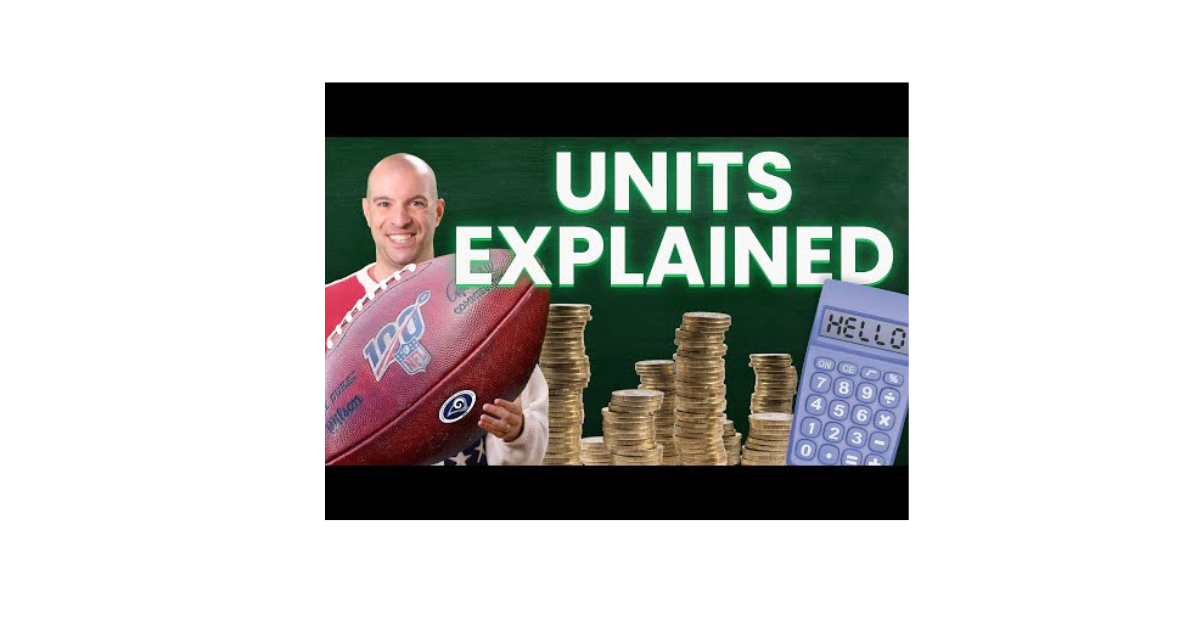Understanding the Concept of a Unit in Betting
In the world of betting, a unit serves as a standardized measurement to help bettors manage their bankroll effectively. A unit represents a consistent percentage of your total betting funds and is used to determine the size of each wager placed. By utilizing units, bettors can maintain a disciplined approach to their betting strategy and avoid the pitfalls of reckless betting.
Understanding the concept of a unit is crucial for bettors to establish a structured and sustainable betting system. By defining a unit as a fixed percentage of your bankroll, you can ensure that your wager sizes are in line with your overall financial goals and risk tolerance. This approach enables bettors to make informed decisions based on sound money management principles, leading to a more disciplined and strategic approach to sports betting.
Determining the Size of Your Betting Bankroll
Before delving into the world of sports betting, one crucial aspect to consider is determining the size of your betting bankroll. Your betting bankroll refers to the total amount of money you are willing to set aside specifically for betting purposes. This is an essential starting point as it sets the foundation for your entire betting strategy.
When determining the size of your betting bankroll, it’s important to assess your financial situation realistically. Your bankroll should consist of disposable income that doesn’t interfere with your essential expenses, such as bills and savings. It should be an amount that you are comfortable potentially losing without causing financial strain or stress. By setting aside a dedicated betting bankroll, you can approach sports betting with a clear financial plan in mind.
Calculating Your Bet Size in Units
When it comes to calculating your bet size in units, it’s vital to establish a systematic approach to ensure you’re making informed decisions. One common method is the percentage-based approach, where you determine a percentage of your total bankroll to wager on each bet. For instance, if your bankroll is $1000 and you decide on a 2% betting unit, each unit would be $20.
Another approach is the fixed unit method, where you set a specific amount as your betting unit regardless of the size of your bankroll. This method provides simplicity and consistency in your betting strategy. For example, if your chosen unit size is $50, you would wager $50 on each bet, regardless of fluctuations in your bankroll.
Managing Your Bankroll with Units
To effectively manage your bankroll with units, it is crucial to establish strict guidelines for your betting activity. By clearly defining the size of one unit in relation to your overall betting bankroll, you can ensure that you are consistently wagering an amount that is in line with your financial goals and risk tolerance. Additionally, setting a maximum number of units to bet on any given event can help prevent impulsive decisions fueled by emotions rather than strategy.
Consistency is key when utilizing units to manage your bankroll. Whether you are experiencing a winning streak or a losing streak, sticking to your predetermined unit size will help you maintain discipline and avoid excessive risk-taking. Remember that the goal of managing your bankroll with units is to protect your funds and sustain your betting activity over the long term, rather than chasing short-term gains.
Using Units to Measure Risk and Reward
When engaging in sports betting or any form of gambling, it is essential to have a clear understanding of the risks involved. Using units as a measurement can help you quantify the level of risk associated with each bet. By assigning a specific value to each unit, you can better assess the potential downside of your wagers. For example, if one unit represents $10 of your bankroll, placing a bet of five units would indicate a higher risk compared to a bet of just one unit.
Furthermore, measuring reward in relation to units can provide insight into the potential gains from a successful bet. By calculating the potential returns in units rather than solely focusing on the monetary value, you can evaluate the risk-reward ratio more objectively. This approach allows you to make informed decisions based on the perceived value of each bet in terms of units, helping you strategically manage your bankroll and maximize your profits in the long run.















